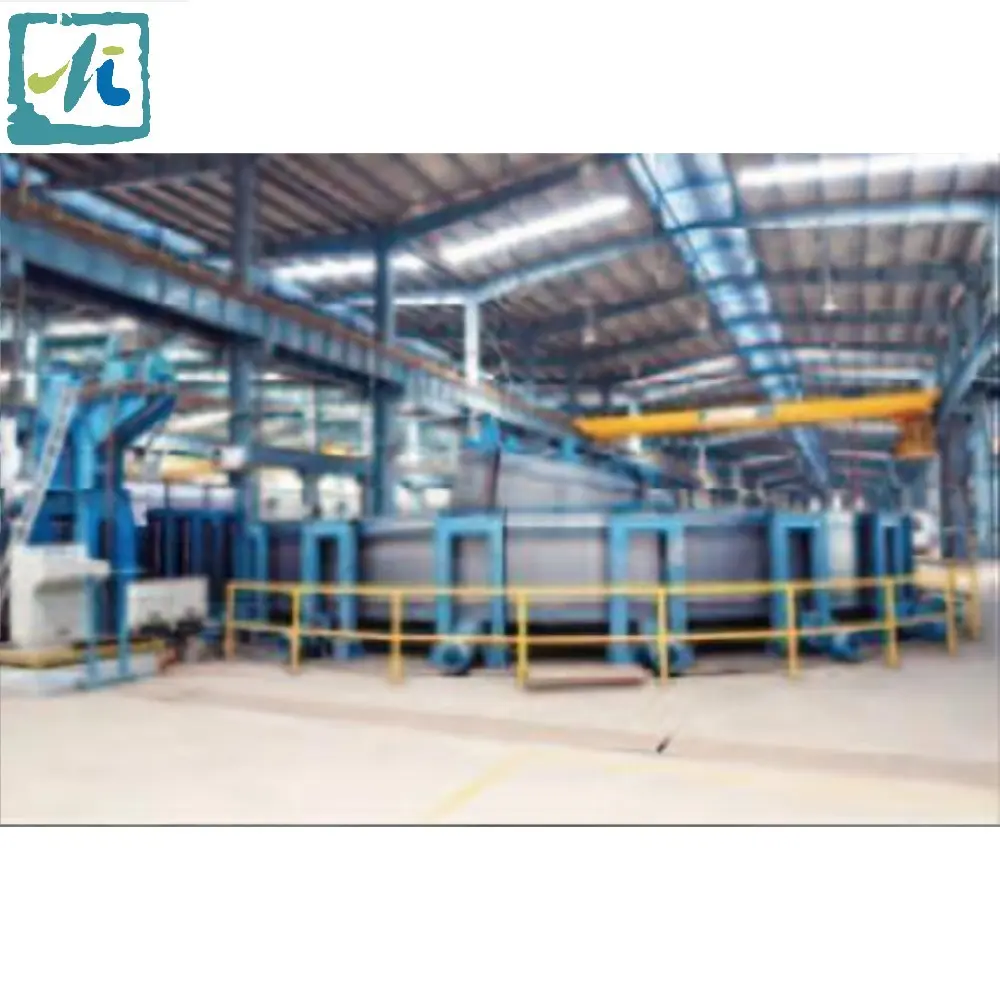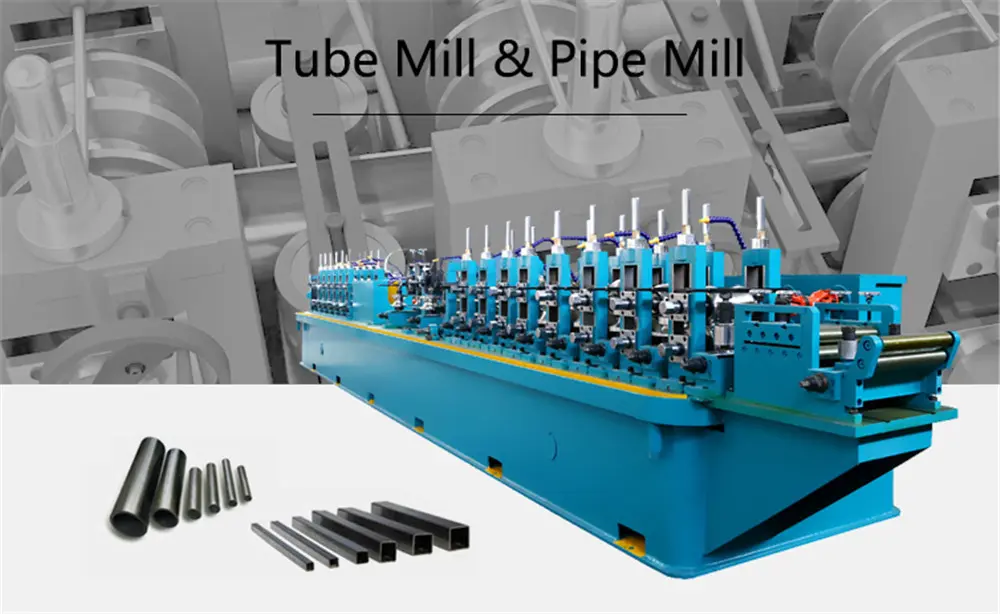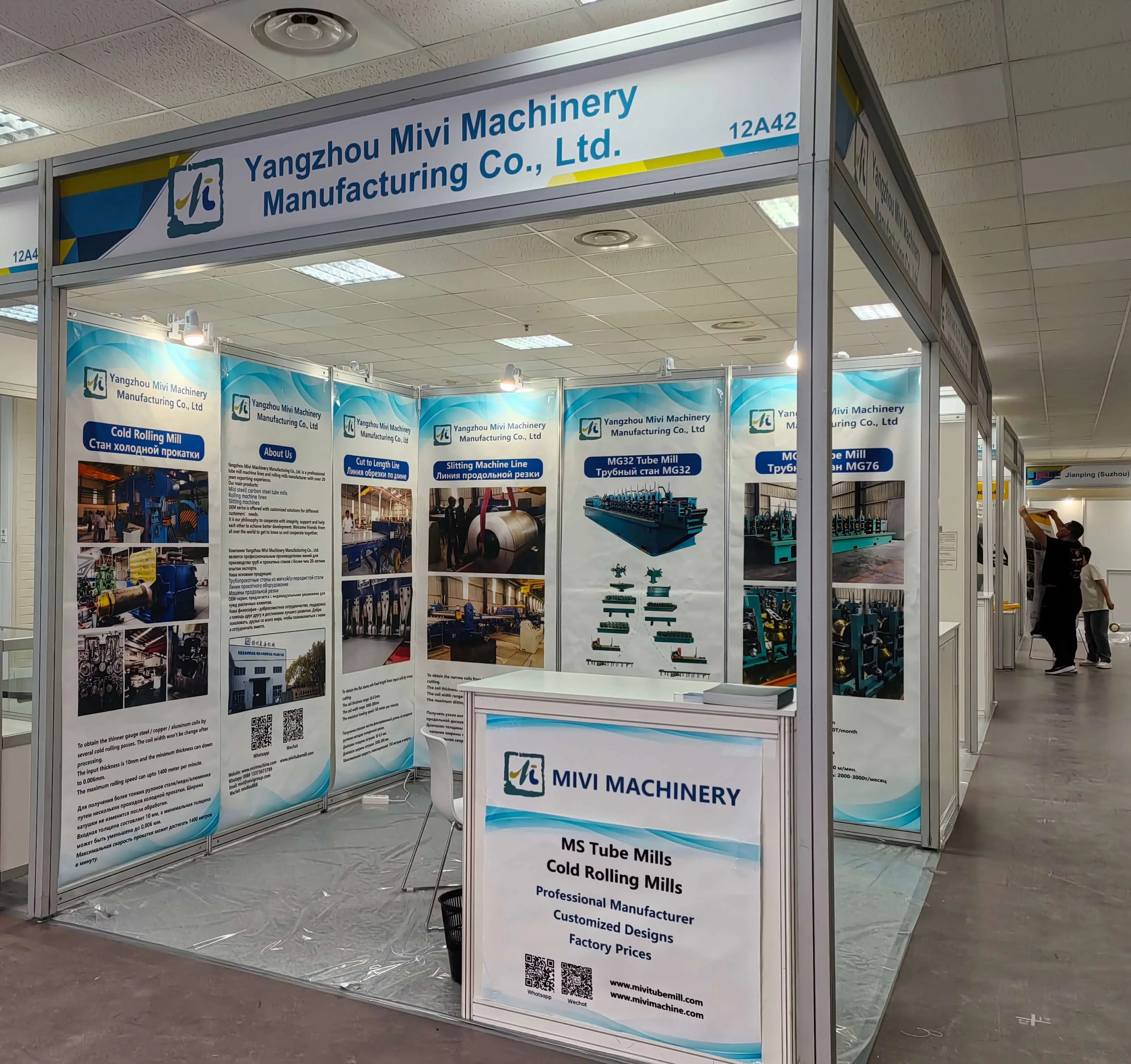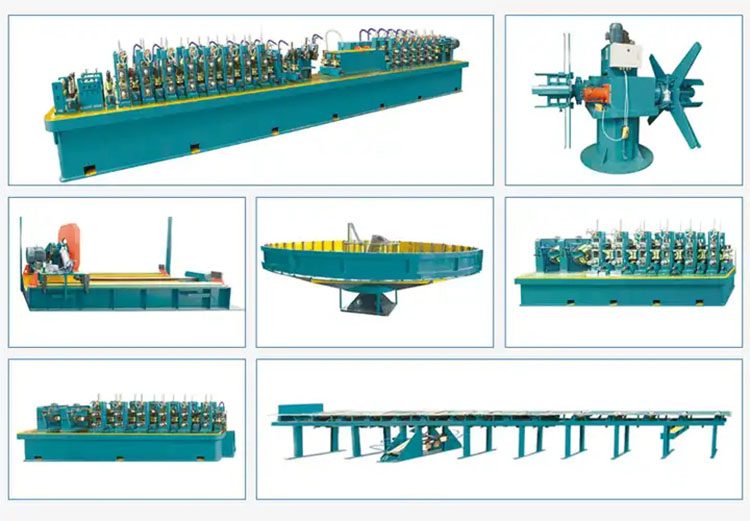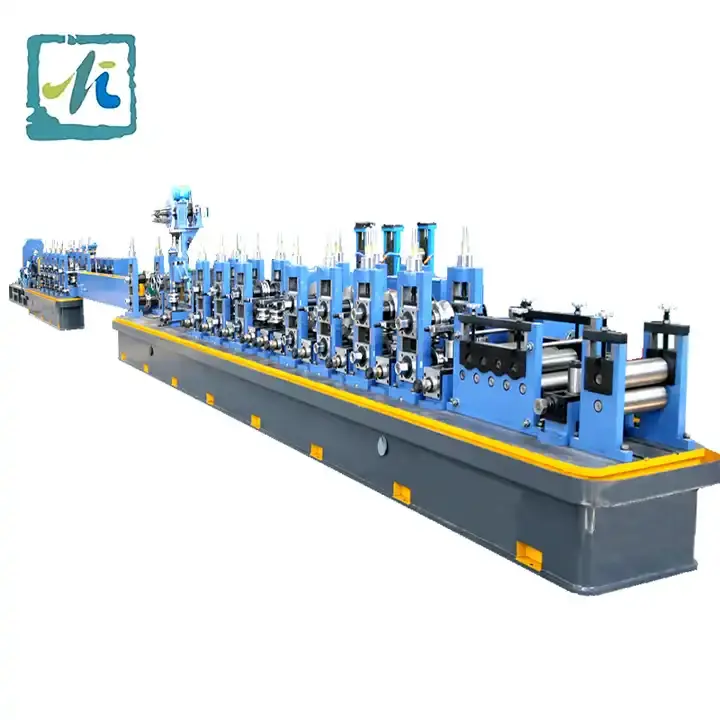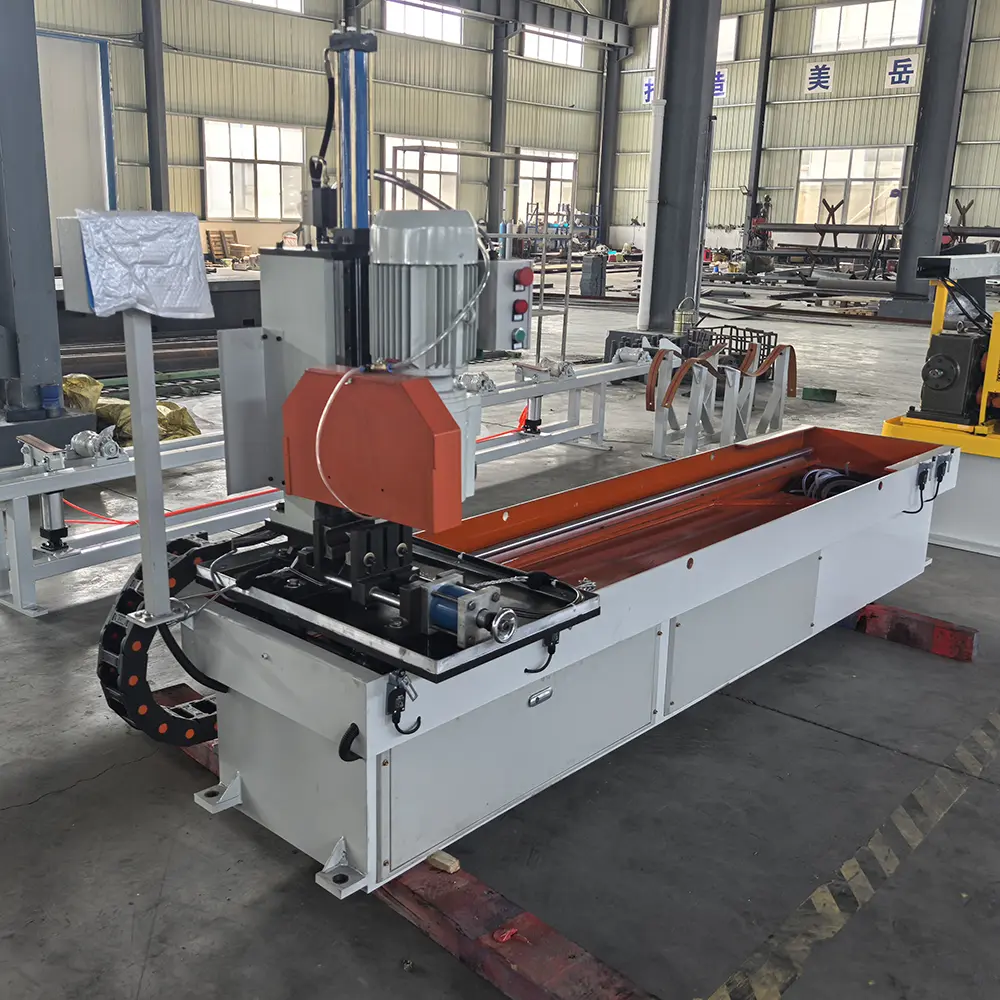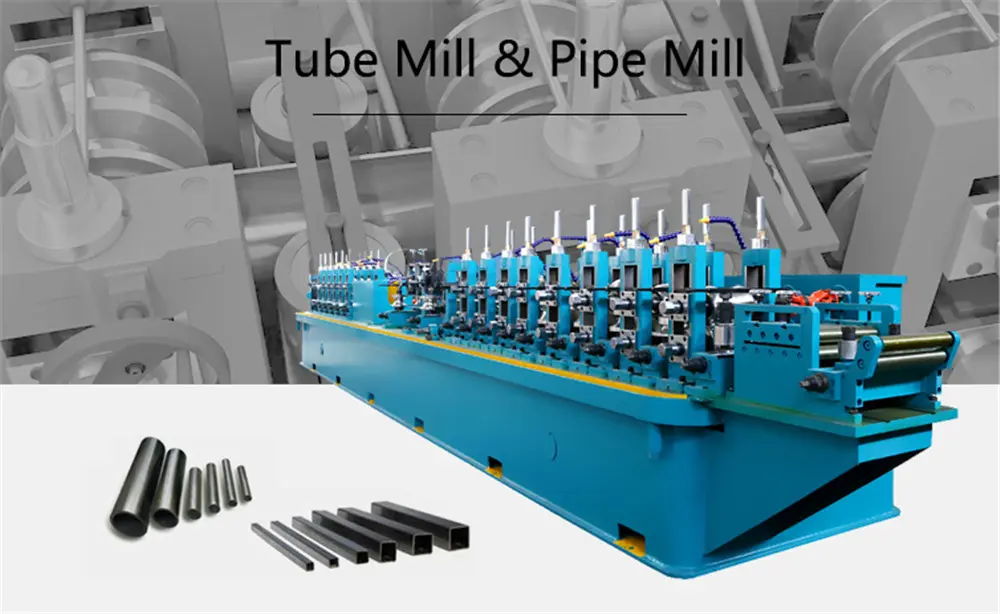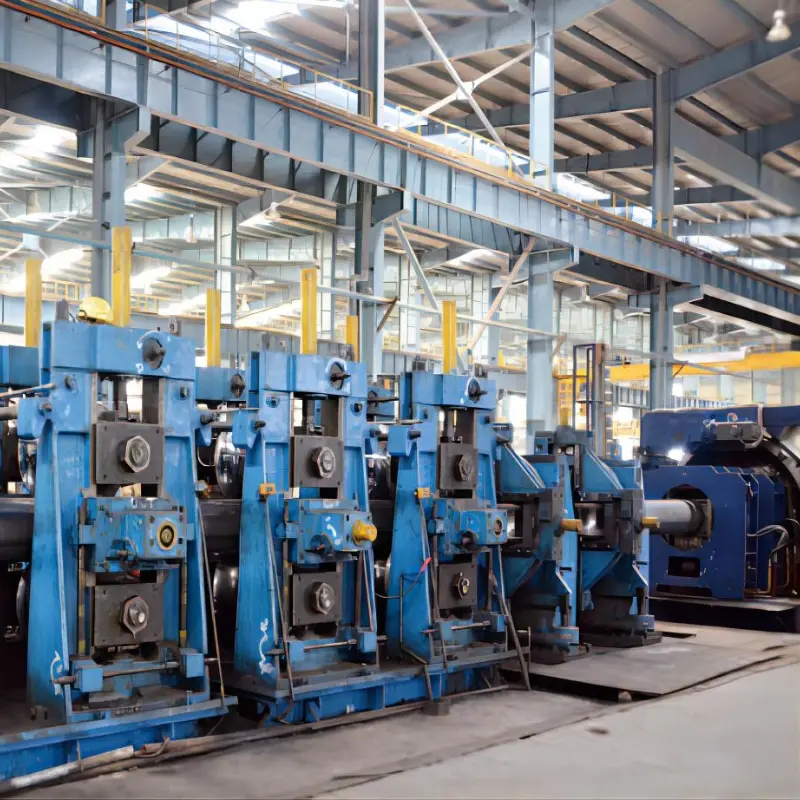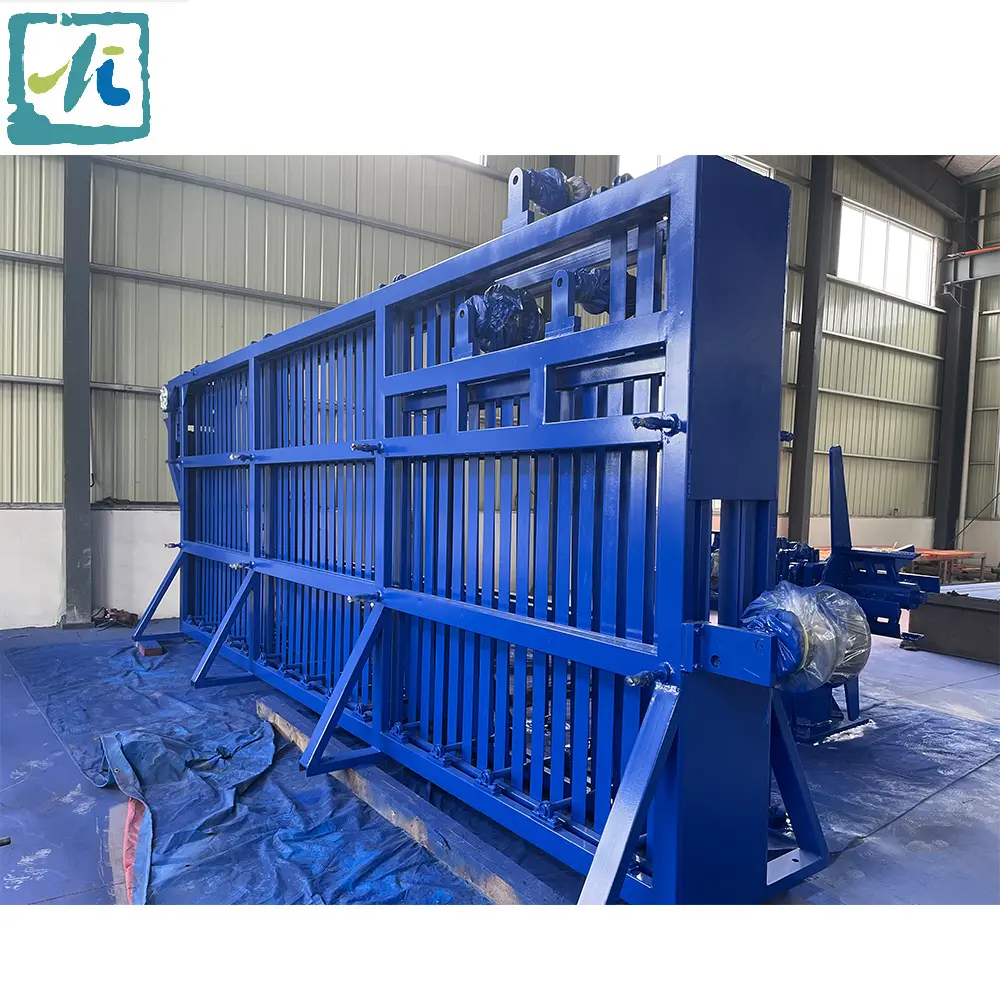Efficiency of welded pipe manufacturing equipment in manufacturing industry
Welded carbon steel pipe manufacturing machines are at the forefront of modern manufacturing equipment designed to meet the growing demand for high-quality carbon steel pipes. These state-of-the-art machines are equipped with advanced welding technology and sophisticated control systems, ensuring efficient and precise production of pipes. The use of these machines in construction, automotive, and manufacturing has become widespread because of their reliability, productivity, and ability to meet the stringent quality standards required by these industries.
Welded pipe manufacturing machines are designed to handle the entire production process, from the forming of raw materials to the final welding and cutting stages. Advanced welding technology ensures the connection of steel pipes, resulting in high-quality, durable products. In addition, the precision control systems integrated into these machines enable manufacturers to achieve consistent pipe size and wall thickness to meet the exact specifications required for a variety of applications. This level of precision is critical in an industry where pipe performance and reliability are critical.
The efficiency and reliability of pipe welding machines make them indispensable in the manufacturing industry. These machines not only simplify the production process, but also help to save costs and increase productivity. By producing high-quality mild steel tubes at faster speeds and with minimal material waste, manufacturers can meet the growing demand for these vital components across industries. The use of welded pipe manufacturing machines underscores our commitment to providing quality products while maintaining a competitive edge in the market.
In short, welding low-carbon steel pipe machines have revolutionized manufacturing by efficiently and accurately producing high-quality pipes. With advanced welding technology and sophisticated control systems, these machines have become essential equipment in the construction, automotive and manufacturing industries. Their ability to meet stringent quality standards, streamline production processes and contribute to cost savings makes them a valuable asset to manufacturers seeking to deliver high-quality products in a highly competitive market.



